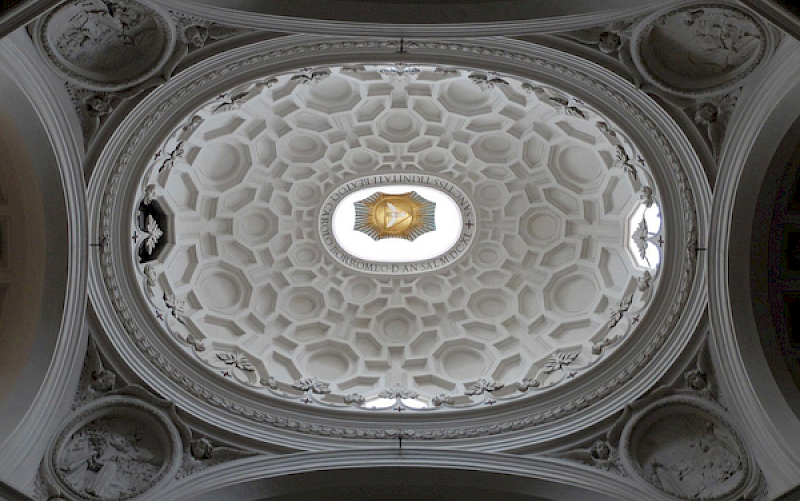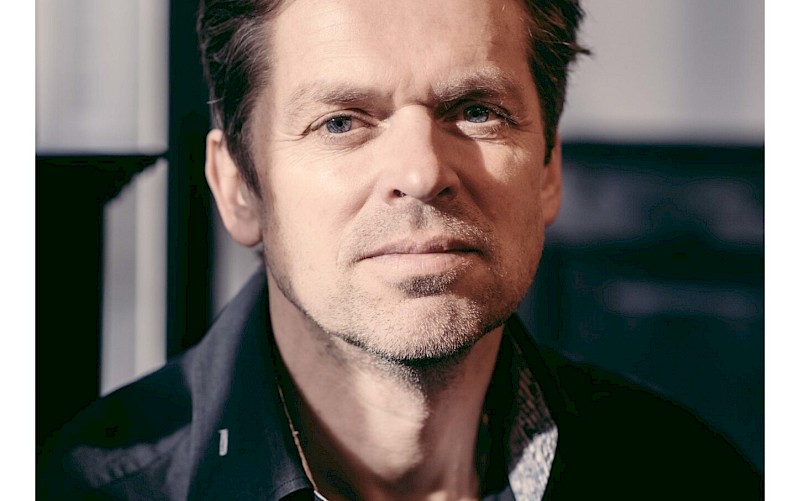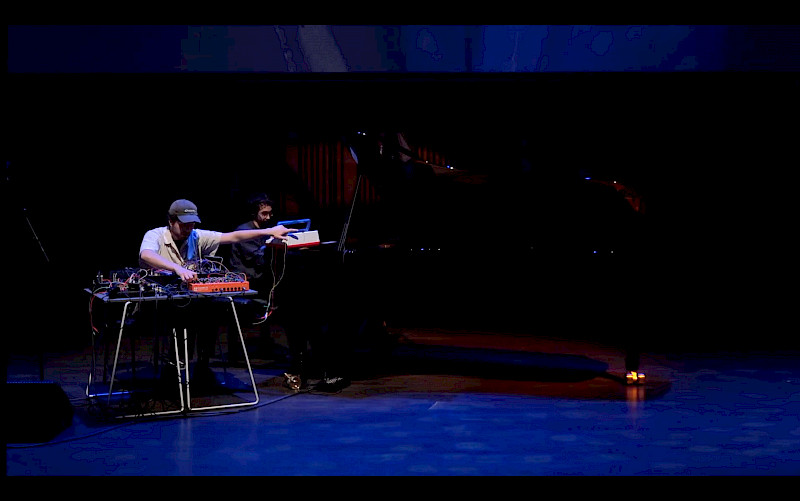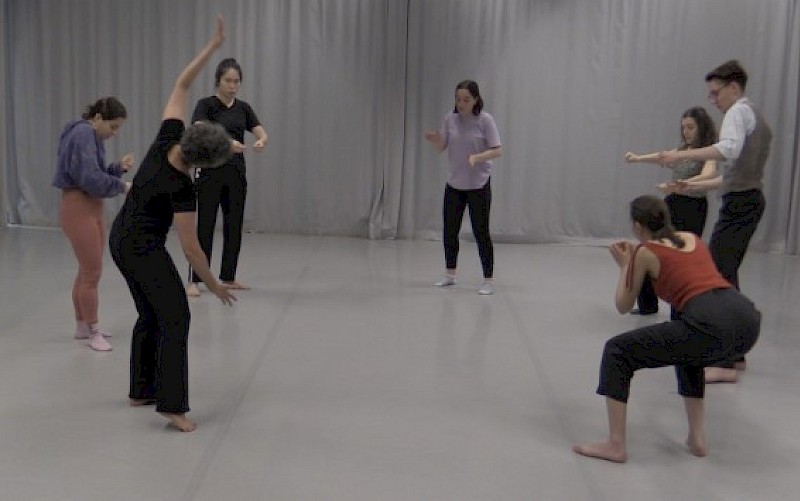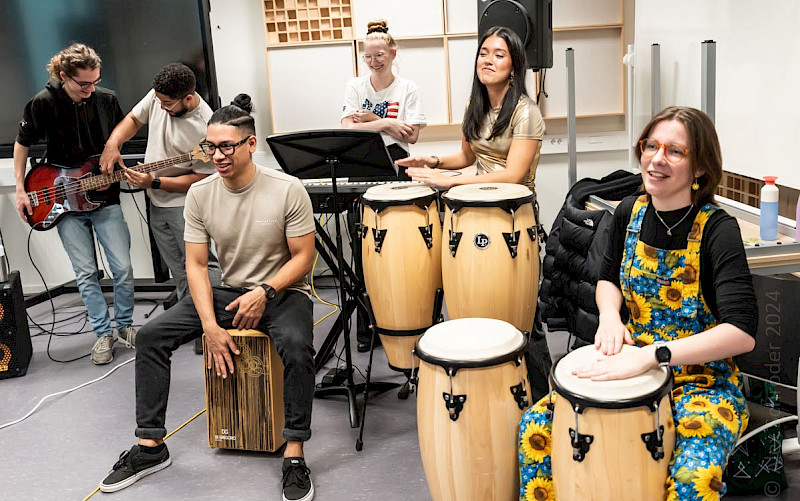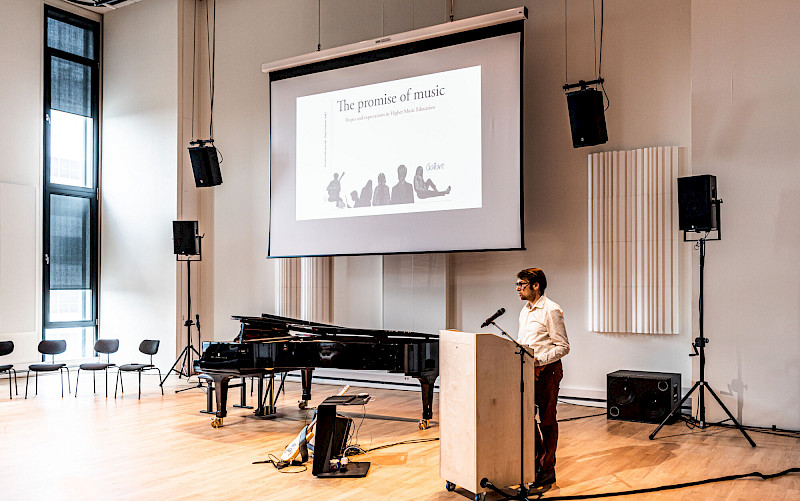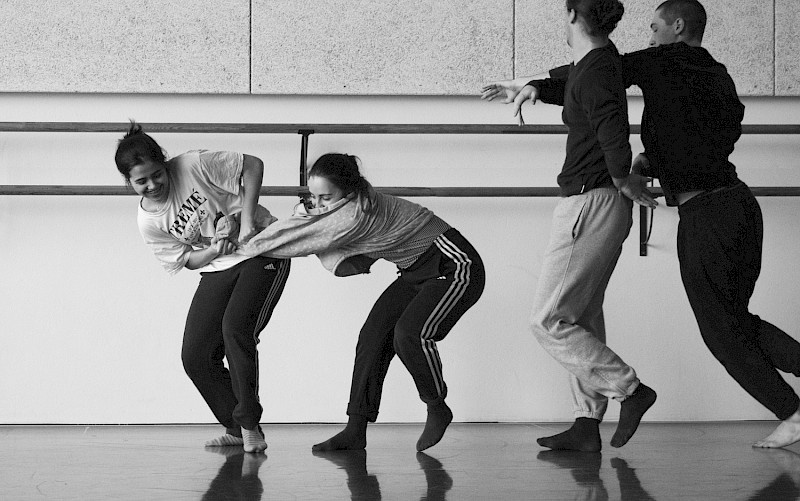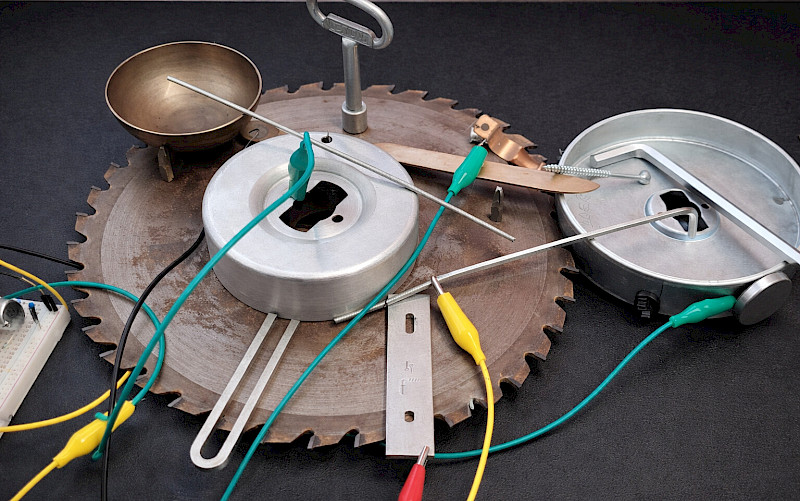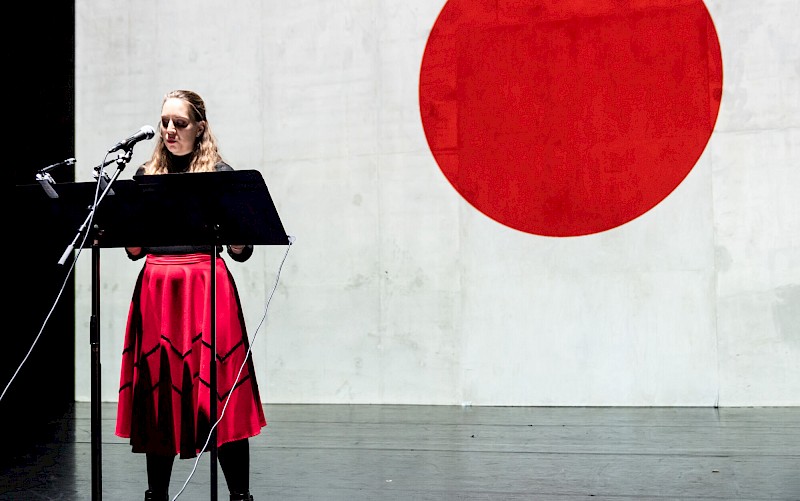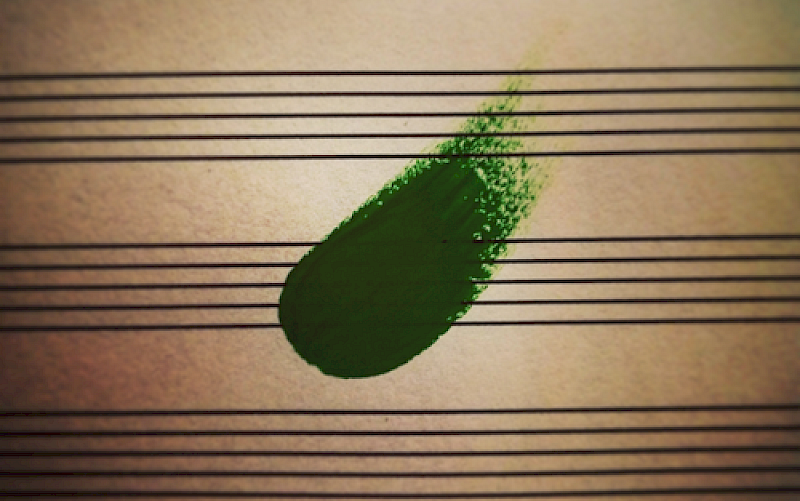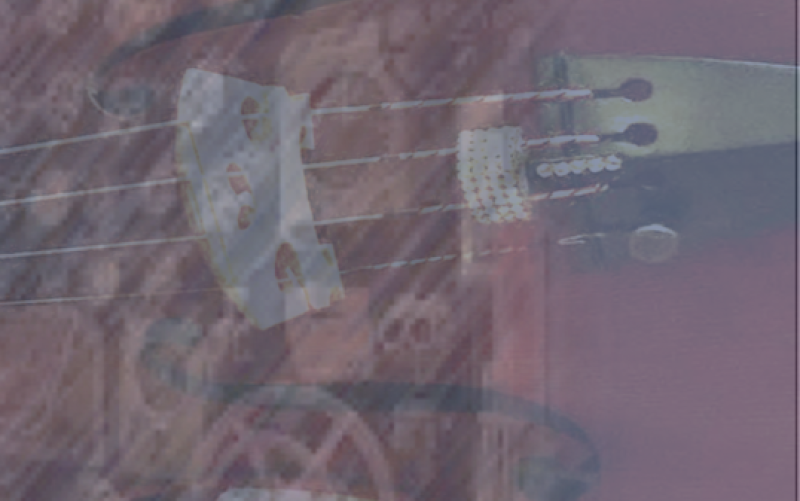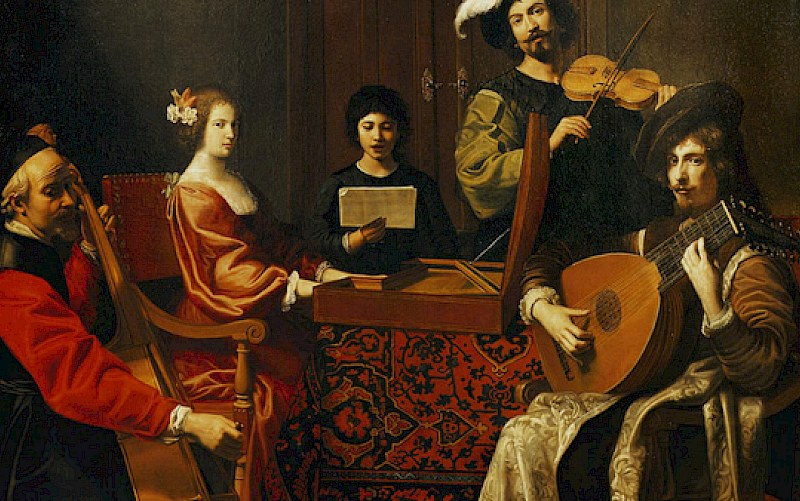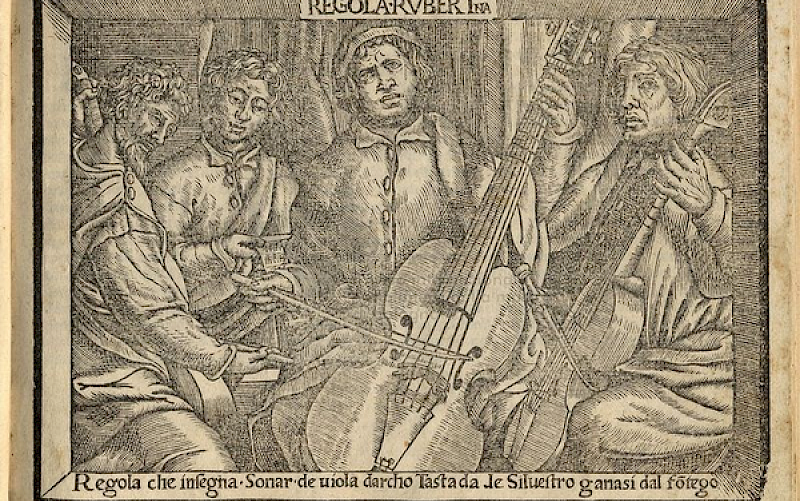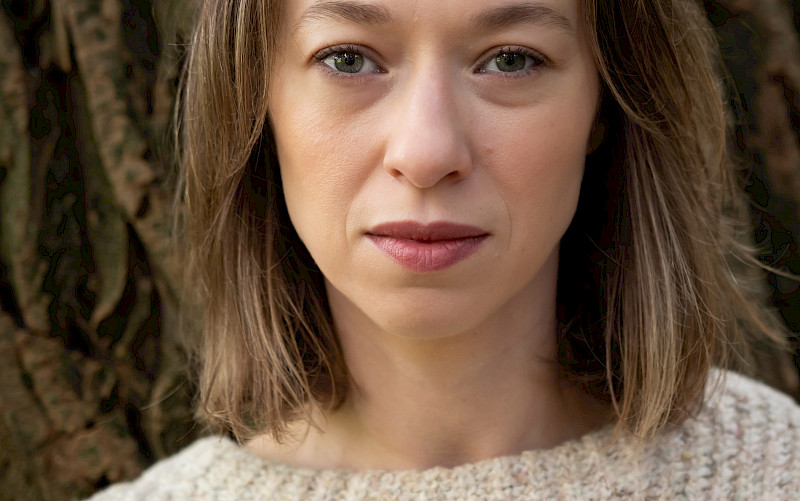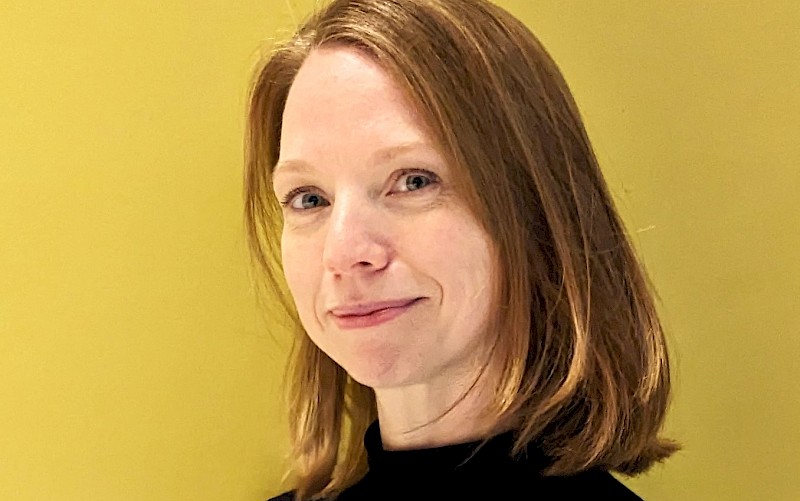From Aural Teaching to Musical Literacy in the Elementary Horn Class
Name: Klaske de Haan Main Subject: Master Music Education According to the Kodály concept. Research Supervisors: Suzanne Konings and Herman Jeurissen Title of research: From Aural Teaching to Musical Literacy in the Elementary Horn Class First steps to a Kodály inspired horn method. Research Question: How to develop a methodology for the beginning horn player, from an aural approach to musical literacy? Summary of Results: The Netherlands and Germany are almost the only countries where children start playing the B flat horn instead of the F horn because of the rich culture of wind bans. There are almost no horn methods based on the harmonics of the B flat horn. The traditional instrumental music lesson is mainly based on reproducing: a certain image on paper matches a fitting fingering thus producing the matching sound. When the sound is not matching the image than the teacher corrects this sound. I noticed that the children could play well when playing by themselves, but when they played together with other instruments they could easily play the whole phrase on the wrong pitch (wrong harmonics) but with the right fingerings. The horn is an instrument based on harmonic overtone series. Finding the logical steps on the valves of the horn is very difficult. Woodwind players have a logical system on the instrument playing diatonic series like do re mi. For the horn, with 3 valves, there is not a logical sequence playing diatonic series. This made me realize that some changes in the methodology are necessary for the horn to make an aural approach more logical for the beginning horn player. It also did me realize how extremely important it is for the young horn player to develop the inner hearing very well and make the logical steps from sound to symbol. My research paper investigates the possibilities to develop musical literacy in the horn lesson but also in the instrumental group lesson with transposing instruments. My main conclusion is that it is very important to make singing and moving a part of the horn lesson in order to develop inner hearing in relation to the horn. In that way the music will be understand and musical literacy can be developed. Biography: Klaske de Haan studied horn at The Royal Conservatoire in The Hague and at the Fontys Conservatoire in Tilburg with Herman Jeurissen. She graduated in 2000 for her diploma Uitvoerend Musicus. As a free lance horn player Klaske worked with several professional orchestras in the Netherlands for example The Residentie Orchestra. Klaske is a horn teacher at the Music school, Scholen in de Kunst, in Amersfoort and she works at the Royal Conservatoire at The Hague with BASIS. A new music program for young wind players. From 2014 Klaske specializes in Music education and pedagogy by attending several course such as “muziek als vak”.
Author: Klaske de Haan
